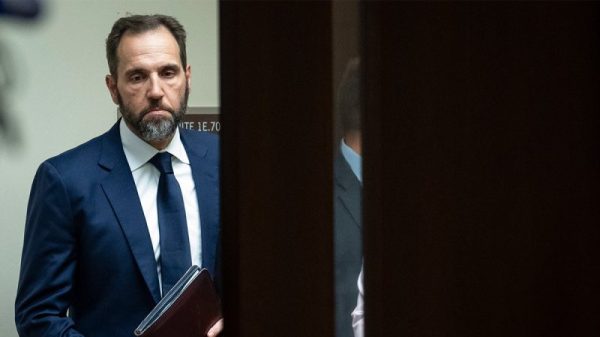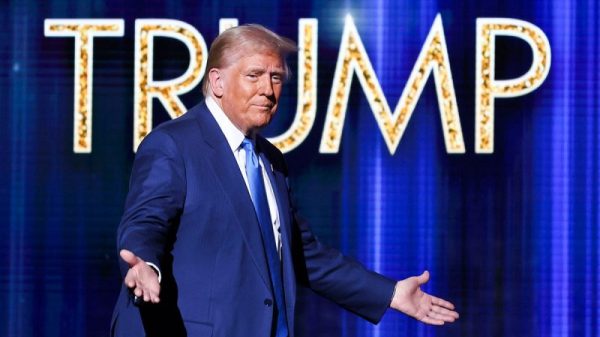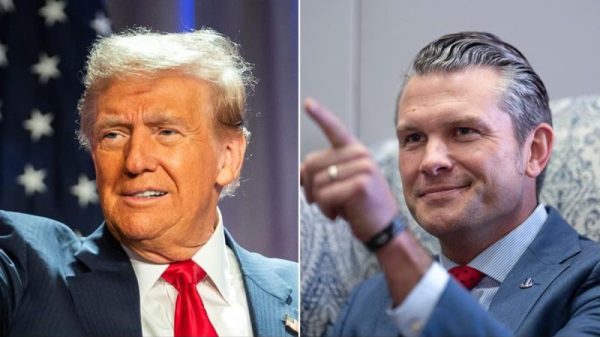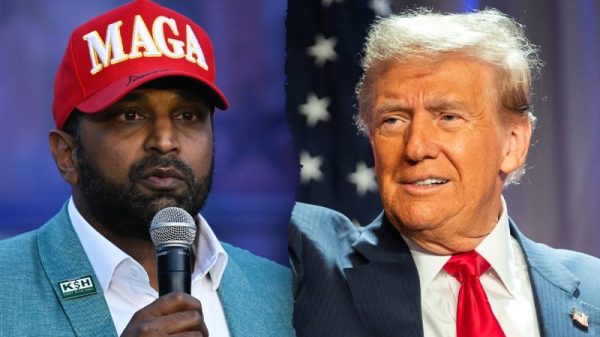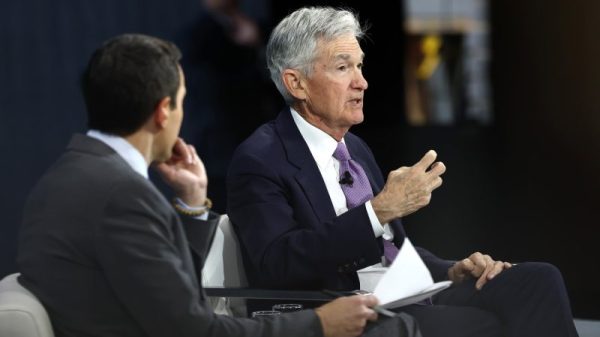Special Counsel Jack Smith is required to submit to the Justice Department a report summarizing the results of his dual investigations into President-elect Trump — an action that will put a formal end to his two-year probe and one that will punt all next steps, including whether to make public the results of the report, to outgoing Attorney General Merrick Garland.
Smith — a longtime prosecutor who worked in The Hague and at the Justice Department, including as chief of the DOJ’s Public Integrity Section — was tapped by Garland in 2022 to investigate both the alleged effort by Trump and his allies to overturn the results of the 2020 election, as well as Trump’s keeping of allegedly classified documents at his Florida residence.
Justice Department regulations mandate that a special counsel submit to the attorney general a confidential report detailing the findings of their investigation after it is concluded, and explaining any prosecution or declination decisions they reached as a result of the probe.
In Smith’s case, the prosecution decision is immaterial, given Trump’s status as president-elect and longstanding Justice Department policy against bringing criminal charges against a sitting president.
But he still must outline the investigation and its findings in his report to Garland, who will then decide whether to share it publicly.
Notably, Garland has opted to release the reports from two other special counsels whose investigations concluded during his tenure — publishing both the summary reports submitted by John Durham, who was tapped by then-Attorney General Bill Barr in 2019 to review law enforcement and intelligence gathering during the 2016 presidential campaign and the origins of the Trump-Russia probe, as well as the final report from Robert Hur, a former U.S. attorney whom he tapped in 2023 to investigate President Biden’s handling of classified documents.
These reports were made public at the same time as they were shared with members of Congress. But it is unclear whether Garland will move to do the same with Smith’s findings, given their sensitivity and Trump’s status as president-elect.
The Justice Department declined to respond to Fox News’s request for comment on the status of the report or whether Garland plans to share it publicly.
Smith has long pointed to Dec. 2 as the deadline for his team to submit their final status reports to the federal judges in the D.C. and the 11th Circuit Courts summarizing the results of their investigations into the cases against Trump, which were dismissed without prejudice late last month.
Under Justice Department regulations, a special counsel is required at the conclusion of their work to ‘provide the Attorney General with a confidential report explaining the prosecution or declination decisions reached.’
Garland has the authority to decide whether to make Smith’s report public before Biden leaves office, or whether to punt it to the incoming Trump administration.
It is unclear how he will act, however, and the Justice Department did not respond to Fox News Digital’s request for more information on the matter.
Smith had indicted Trump in D.C. earlier this year on charges stemming from the former president’s alleged efforts to overturn the 2020 election outcome, and his team also brought federal charges against Trump in Florida in the classified documents case.
Trump, for his part, had railed against the special counsel investigation as a politically motivated ‘witch hunt’ and vowed during his presidential campaign to fire Smith ‘within two seconds,’ if elected. Smith, for his part, is expected to resign before Trump’s inauguration, and his team of prosecutors has moved in recent weeks to wind down their cases against Trump.
Late last month, Smith filed motions to vacate deadlines in both cases against Trump following his election, citing an Office of Legal Counsel memo that states it is against Department of Justice policy to investigate a sitting president for federal criminal charges and is a violation of the separation of powers doctrine.
They have also cited a July Supreme Court decision that widened the criteria for immunity for sitting presidents.
Smith’s team stressed in their most recent court filing that their motion to vacate the case is based solely on the Office of Legal Counsel policy, and not on the merits of the investigation itself.
‘That prohibition is categorical and does not turn on the gravity of the crimes charged, the strength of the Government’s proof, or the merits of the prosecution, which the Government stands fully behind,’ Smith’s office wrote in their motion to dismiss the election interference case.
‘The Government’s position on the merits of the defendant’s prosecution has not changed. But the circumstances have,’ they added.


